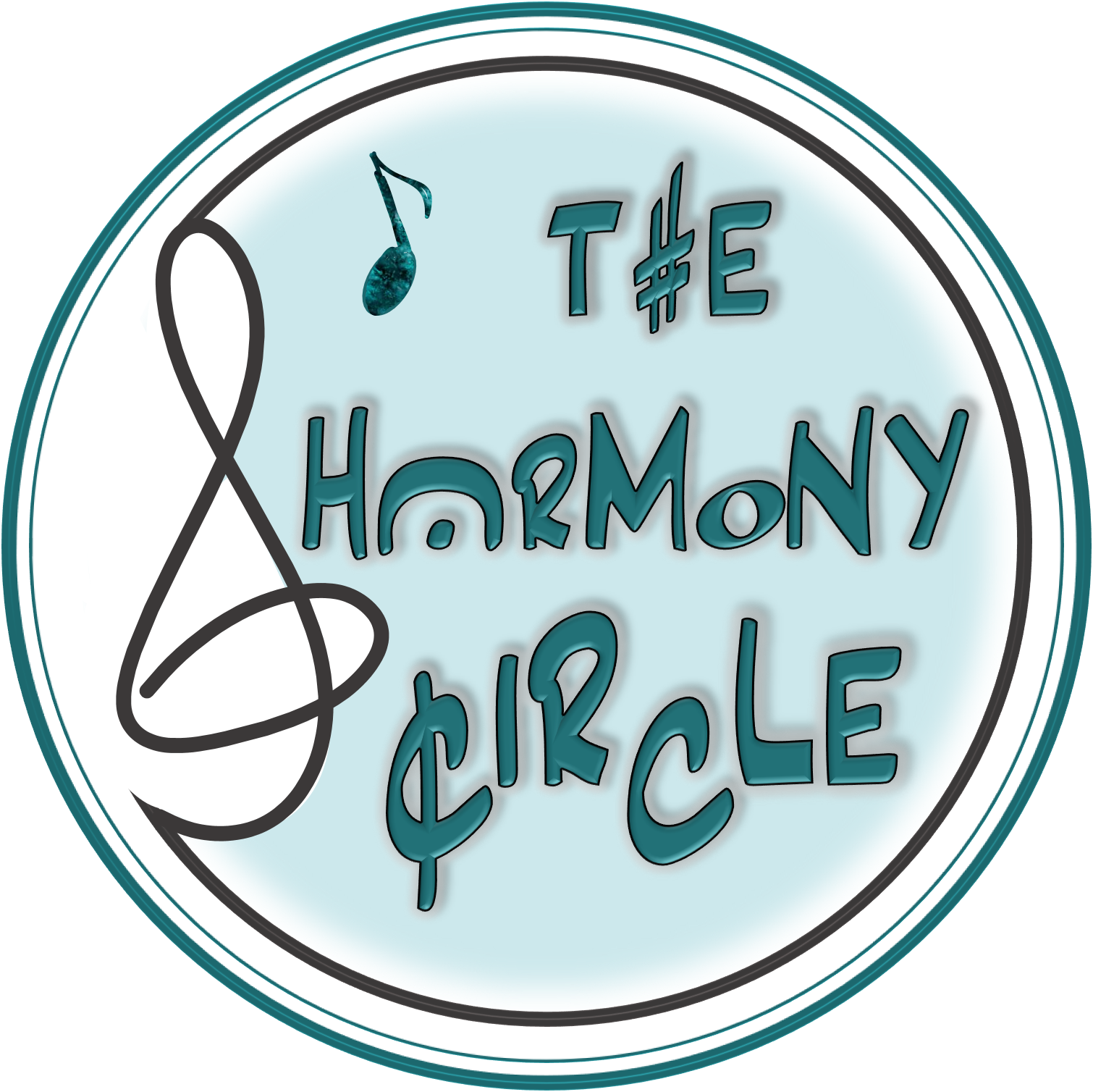You might not be able to this YET… but you will be able to soon!
Keep trying… you’re almost there!
Be brave… you’ve got this!
Don’t give up!
Have courage… take another step!
No grit. No pearl.
wuh?
These are just a few examples of the many phrases, quotes, and posters your students have heard and seen over the years, right? Grit is something we want our children and students to learn from the very beginning. We want to encourage them to take risks and set them up for successes along the way. It takes grit to move forward, so we become our students’ cheerleaders and remind them that they are capable. Understanding growth mindset and grit may be easy for adults to process, but it isn’t as simple for children. They live in the moment. And if something isn’t working NOW, they’re not sure it will work later.
Reading Between the Lines
Children are great observers. They hear what we say and take it all in, even when we don’t realize what message we are sending. How many times has a child struggled with a [fill in the blank] assignment only to hear someone say, “well, I wasn’t ever really good at […] either, so don’t worry about it.” Or what about the time a student has said that they can’t [sing] and someone tells them, “don’t sweat it, I can’t [sing], either.”
We may feel we are giving children the message that they need not stress about a certain skill or subject area. However, when we use words like “I can’t […] either,” we are also communicating that it’s OK for them to minimize their confidence and/or ability to progress in that area. We’re almost telling them to “write if off” or give up any hope of progress, even though we don’t truly mean to be sending that message.
Encouraging Growth Mindset
Encouraging a child to have grit or to keep trying to improve a skill can be difficult, but it’s possible with a little patience. I am remembering a time a couple years ago when my oldest daughter, a fourth grader at the time, was challenged by her music teacher to learn to play a descant on her recorder. My daughter really wanted to do it, but it meant that she had to learn how to play the high E. She tried playing the song a few times (well, maybe once or twice) before I heard her scream in frustration from the kitchen. She was ready to throw in the towel. She had decided she wan’t going to learn the part and didn’t care anymore. I let her cool off a little bit and then went to talk to her. I shared some of my stories of trying new skills when I was young and how it took a lot of work before I could see the results. You know these stories, too, because you’ve told them to your own children and/or students many times over the years! Here’s how it all went down…
“So tell me why you want to give up?”
“It’s too hard. There’s no way I’m going to learn to play this part. I can’t play the high E without it squeaking.”
“Well, how many times did you try it?
“A couple times. But it’s just too hard! It sounds bad! I don’t want to play it.”
“OK. Will you give it a try if I give you some tips?”
“I don’t think so. I’m not going to be able to play that note, so it won’t matter. And the rest of the song is hard, too.”
“When I first learned how to play the high E, I struggled just like you are now. I kept practicing it until it began to sound good. It took me a while, probably a couple weeks or so, but I eventually got to the point where I could play it without any funny squeaks. Can I show you how I practiced it? Maybe it will help you learn how to play it, too.”
“Yeah. I guess.” [accompanied by an eye roll]
That afternoon, we practiced together and I showed my daughter how to break apart her song into little practice chunks. After a little while, she played her song beautifully and with a sense of accomplishment. She earned the opportunity to perform it with her classmates for her concert and was beaming with pride at the end. We talk about that song often when she has similar meltdowns. “Remember when you learned the descant part on the recorder and you struggled until we sat down and worked it out? Well let’s work through this situation in the same way!”
Showing by Example
I love hearing a child’s sense of accomplishment when s/he has just finished reading a big chapter book. I also enjoy stories of children learning to ride their bikes or learning how to swim. And when children hear each others’ stories, they get excited, too, because they know that something difficult is also possible.
We musicians show grit all the time when we learn new repertoire. We start at the very beginning with each new song or piece. Sure, we know the basics; how to read notes and rhythms, how to follow dynamics and expressions, etc. But there’s always a new skill or learning curve with each new piece. My third graders are in awe when they realize they can figure out what to play on their recorders if they learn how to read the notes on the page. I often remind my piano students to look back at their repertoire lists over the past year to see how many pieces they’ve learned and how far they’ve come! Students need these reminders every so often so they remember that it did, indeed, take some grit to get to their current skill level.
When I first began teaching private lessons in voice and piano several years ago, I made a pledge that I’d always expose my students to performances by the members of our community. I wanted them to know that I, too, am always learning songs alongside them, and striving to improve my skills. Our recitals are always filled with students’ performances followed by guest artists. Sometimes, the guests are my friends/colleagues performing with me and other times they are the students’ parents or older siblings studying other instruments and simply need a venue in which to perform a competition piece. I believe it can be such a valuable tool for children to see others doing what they are doing. And from year to year, they see the progress in their own learning. They are seeing the grit from the rear view window.
The Power of YET
About a month ago, I was searching for something to perform for a faculty recital at our school. I set out to learn a song in a new language… it was Armenian. I came across a lovely song and saw the challenge as a huge hurdle. I wasn’t sure what the end result was going to look like. On one hand, I was afraid that I would not be able to pronounce the words accurately or memorize them in time for the performance. I thought for sure that I would go sharp on the high G or lose my breath control at the wrong time. On the other hand, I craved the challenge of growing in my skill and sharing a song that no one in the room had ever heard before. It truly was a labor of love. Music from the world’s cultures brings such joy and sentiment to me. Not only did I achieve the goal of learning a new song in a new language, but I relished in the enjoyment of sharing a beautiful song with my community.
Growth Mindset + Grit = a Sense of Courage
This morning I sang at Mass, like I often do on Sunday mornings. I thought I had gone over all the hymns and psalm responses before I left the house. However, the minute I stood behind the ambo and listened for the organist’s introduction, I realized that I had prepared the wrong psalm. (I had confidently practiced the psalm for the 28th Sunday in Ordinary Time – Year A instead of the psalm for the 28th Sunday in Ordinary Time – Year B).
Uh-oh
I’m not sure if my face communicated anything at that moment. I had no time in the four-measure intro to process the current situation and I’m generally not quick on my feet. Somehow, I did manage to think fast enough to turn the page once I realized what was happening and recognized the last measure of the introduction. (whew!!!!! quick!!!!! scan the music!!!!!) I began singing as if I had prepared the psalm and knew it all along. I was never more scared or focused on the text and score as I had been this morning. My hands may or may not have been shaking from the initial panic that was going on in my body, but I knew that there was absolutely no way for me to give up in the moment.
Wrapping it All Up
Why do my stories matter? Because these are the types of stories that help us relate to our students and what they may be going through. Regardless of the skill… music, soccer, cross-country, spelling, etc. These are the examples that tell students we believe in them because we understand the amount of work that is needed in order for them to succeed.
It takes grit. One small particle at a time.
Here’s a clip of the Armenian song I performed. But now I’m ready for my next challenge.
Thanks for reading 🙂



